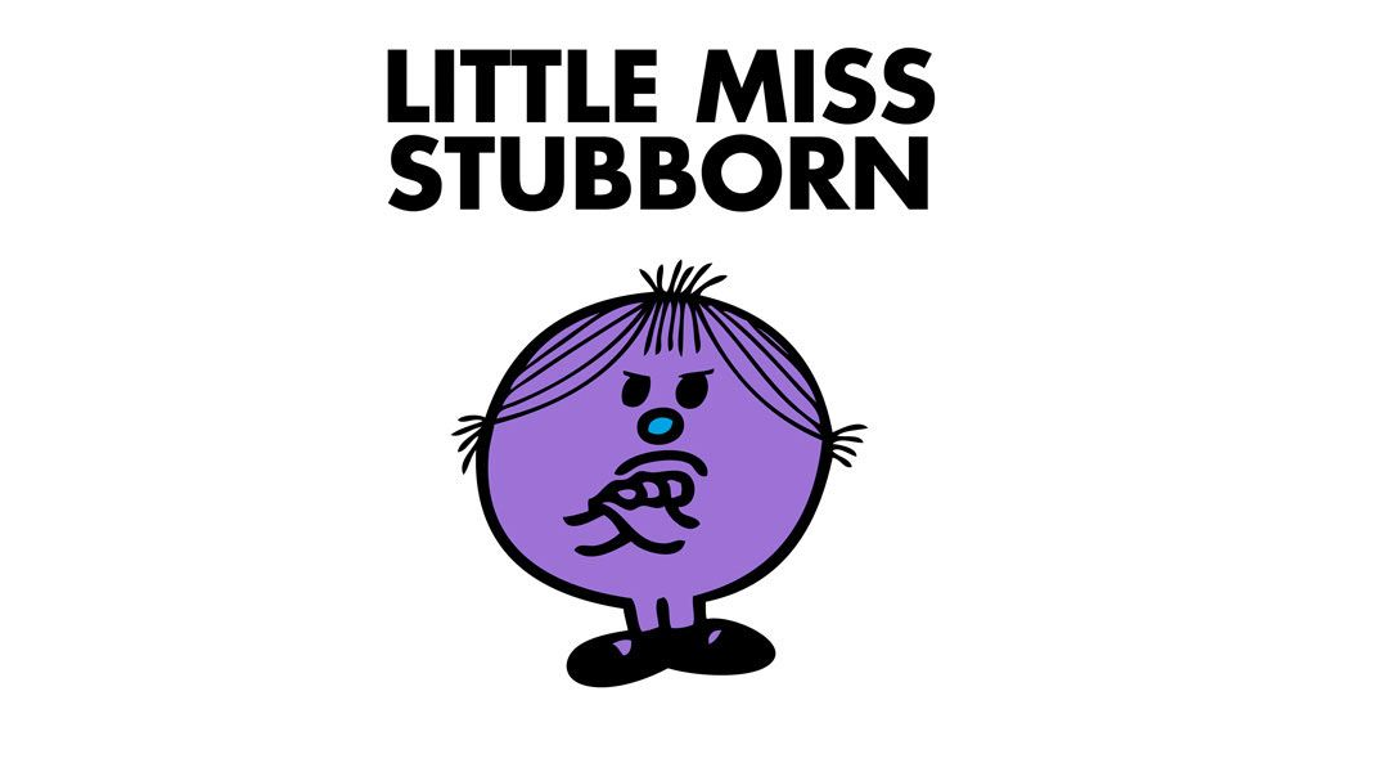This week I returned to the gym for a shocking dose of reality – not so much the social distancing protocols, but the realization that four months off does not do the body good.
At the end of my workout time, I tidied by picking up all my personal items. One of the items was the “THIS AREA HAS BEEN SANITIZED” sign which I had removed when I began. Dutifully, I placed it back on the bench before leaving.
Do you see the problem? How will the cleaning attendants know for sure that one of them didn’t already clean the bench?
More importantly, why did I do that? Because I was raised to be mindful of others and always clean up after myself (Thanks Mom!). It was drilled into me and has been a positive aspect of my life. It’s automatic.

You are constantly attempting to change the behaviour of those around you or under your leadership. Your employees will nod their heads and paraphrase their understanding of the reasons for change. Perhaps they can articulate why change is beneficial to themselves, customers, and community. They desire the change. They’ve been trained to act in new ways.
Yet, in the moment, the values that tell us what is right and wrong can overrule best intentions. The heart trumps the head and short circuits new ways of working.
- Client reps spend too long talking with customers on the phone
- Employees refund items that are non-refundable
- Peers tolerate inappropriate chatter or fail to provide feedback on bad practice because they don’t want to offend someone or ‘rock the boat’
- Staff shout back at angry customers because they were taught to stand up for themselves
There is always a reason why people resist. There is also a solution:
- Establish the learning curve (Normalize failure)
- Allow repetition of tasks (practice)
- Provide feedback
- Recognize progress
Values are part of who we are. Ingrained beliefs and habits are challenging to break down and rebuild. The role of the leader is to guide and coach.
Modifying behaviour is often challenging. Recognizing that we all bring unique values which can compromise what we want to do is an important element for granting us patience with change. Say goodbye to Little Miss Stubborn.
Thoughtfully yours,
Jeff



